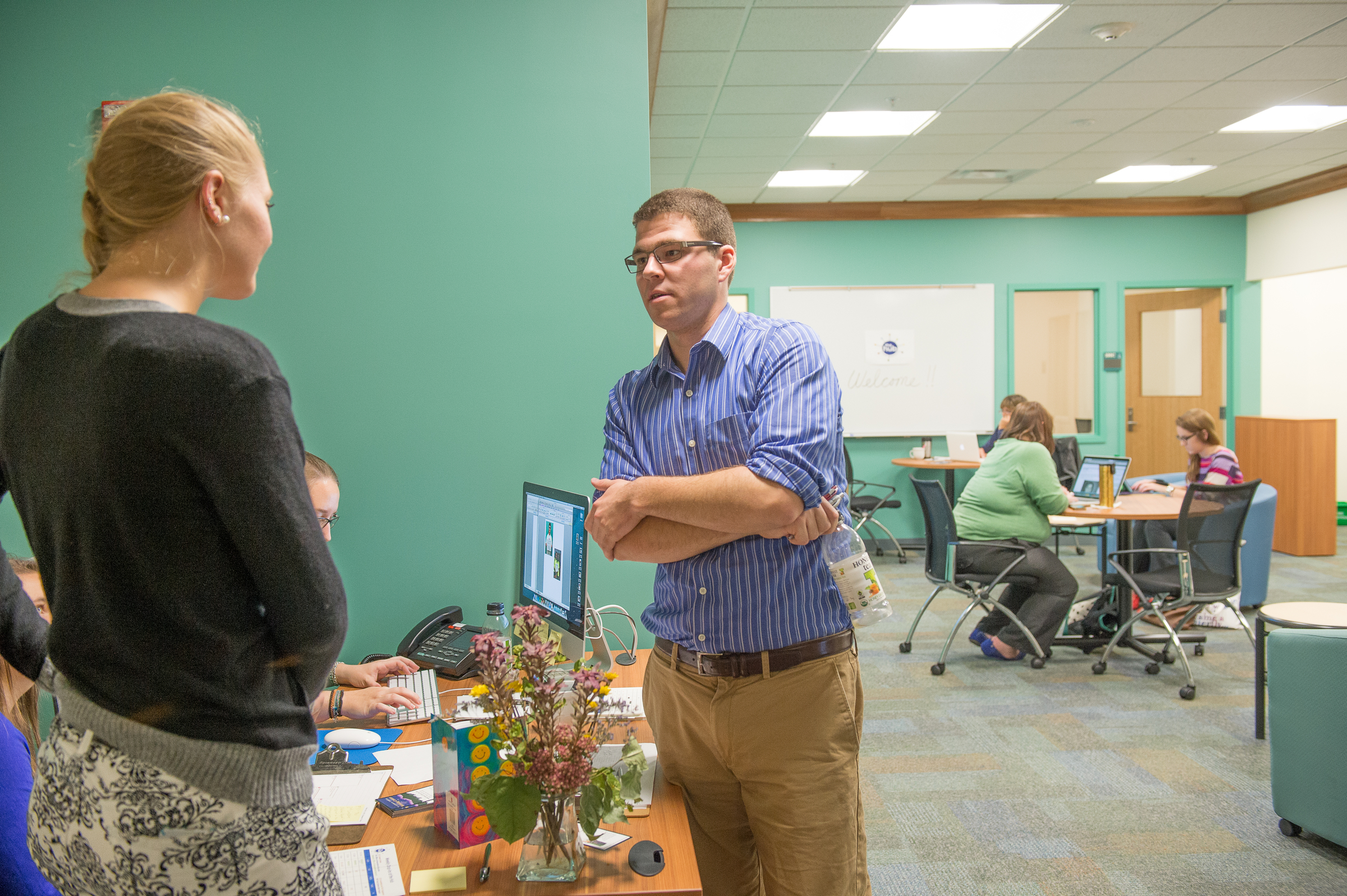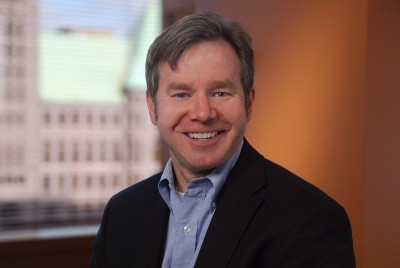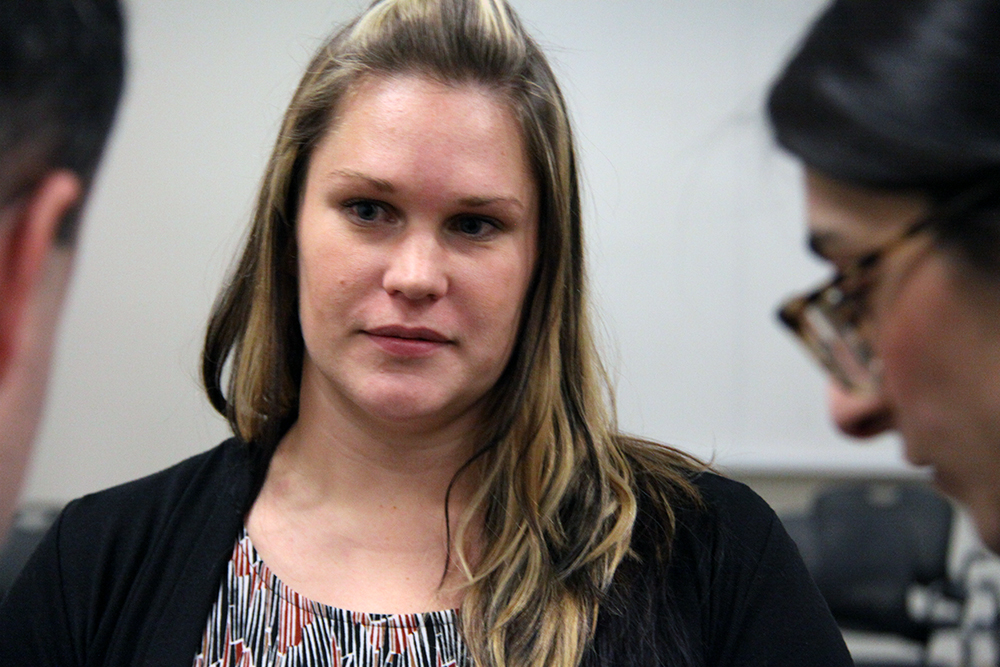confronting cost
Liberal arts majors earn more than professional majors during that time in their lives when they make the most money per year. That’s according to a new report out Wednesday from the Association of American Colleges and Universities whose findings, educators say, fly in the face of today’s popular perception.

For students and their families, it's college application season. And Sen. Elizabeth Warren was in Boston Wednesday to urge students to fill out their federal financial aid forms and talk about ways to make college more affordable. Warren also announced she would introduce legislation to assist borrowers in refinancing high interest rates on load debt.
Throughout her time in office, Warren has defended federal support for higher education. Today, 57 percent of all undergraduates receive some kind of federal aid. That’s up from 47 percent five years ago.
 It’s the perennial question that college seniors get around this time of year as they count down the days to graduation: “Do you know what you’re going to do yet?”
It’s the perennial question that college seniors get around this time of year as they count down the days to graduation: “Do you know what you’re going to do yet?”
While some students may be all set with a job, others are at a loss.
As more people question the value and cost of higher education, and President Barack Obama calls for a federal college-rating system that would measure job and income-related outcomes, many colleges and universities are responding to the pressure by beefing up their career centers.
With the sticker price for college soaring, the public has grown skeptical of the value of higher education in general and liberal arts in particular.
In this video from WGBH's Forum Network, John Kuykendall, president emeritus of Davidson College, suggests that the 'danger' in a liberal education is not making the most of it. Kuykendall says liberal learning requires doing something with what we learn, and that it implies that we focus not so much on making a living as in making a life.
 More and more we are seeing articles in the media asking: “Is college worth it?” The question at one time might have seemed silly; most economists and higher education experts argue that higher education is still worth it. But the affordability crisis facing American colleges and universities may soon change that assessment.
More and more we are seeing articles in the media asking: “Is college worth it?” The question at one time might have seemed silly; most economists and higher education experts argue that higher education is still worth it. But the affordability crisis facing American colleges and universities may soon change that assessment.
 Massachusetts is joining a growing number of states that want to better regulate for-profit colleges. The Attorney General’s office is taking testimony this week on new rules that would strengthen oversight of colleges that don’t have tax-exempt status and rely on tuition and stock market investors.
Massachusetts is joining a growing number of states that want to better regulate for-profit colleges. The Attorney General’s office is taking testimony this week on new rules that would strengthen oversight of colleges that don’t have tax-exempt status and rely on tuition and stock market investors.
Wisconsin's Northland College is the latest liberal arts school promising to freeze its tuition. The Associated Press reports freshmen at Northland won't pay more than $30,450 in tuition during their years on the Ashland campus. Responding to the public's outcry over the cost of college, more and more schools are pledging fixed-rate tuition.
Researchers from the National Student Clearinghouse find of the 2.4 million students who enrolled in the fall of 2007, 56 percent of them finished a degree or certificate within six years. That includes 43 percent of students who finished at the school where they started, and another 13 percent who transferred.











